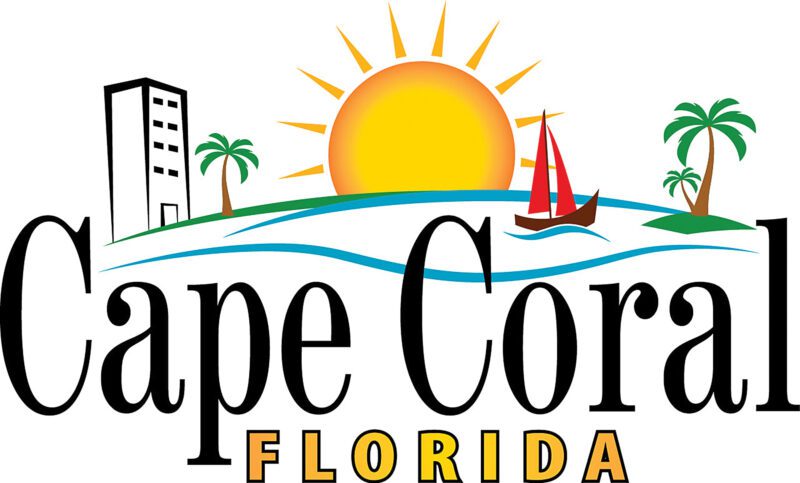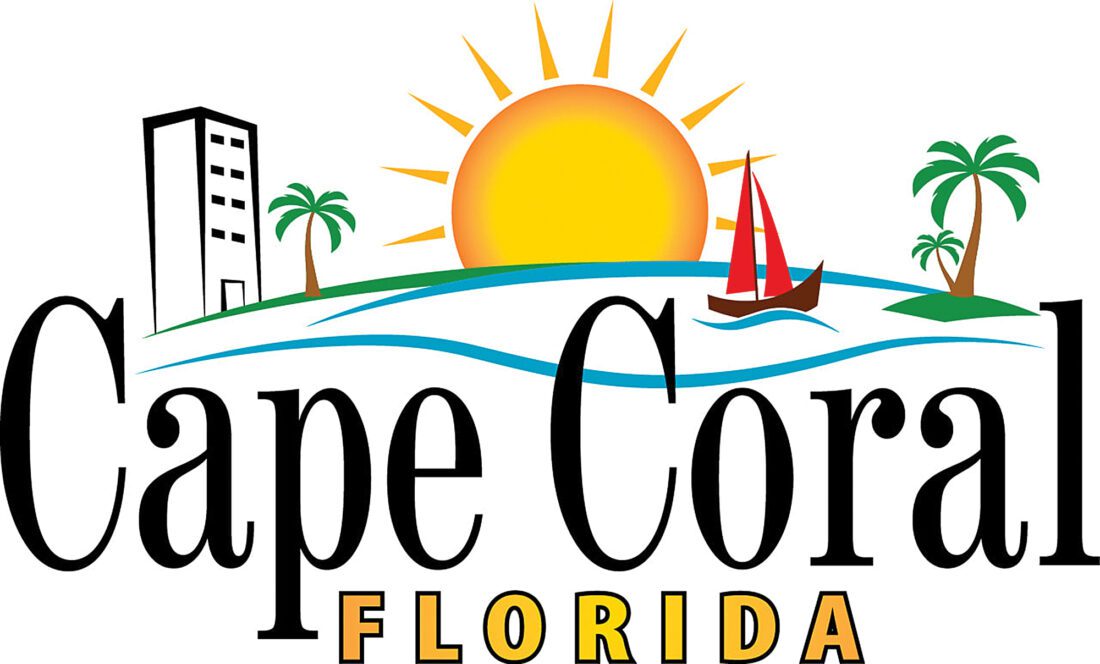
The city of Cape Coral has done a deep dive into utility records in an effort to collect years of unpaid bills.
The initiative to collect $271,846 from 2,066 property owners — who may not have actually incurred the bill themselves — began in February of last year after city staffers determined that many old accounts remain collectable because utility bills can be treated as liens on property.
While state statutes do not allow the transfer of outstanding balances from tenant accounts, accounts left unpaid by sellers can be billed to a subsequent property owner, city officials said.
With balances left behind growing, Cape Coral City Council amended the city’s utility ordinance, green-lighting the ongoing collection effort that has progressed through four phases thus far.
Staff went back to 2009, the most recent year for which the city had these types of records due to a switch in accounting software.
Of the accounts transferred to current property owners, 1,352 have been paid with $216,834 collected.
To date, the greatest balance transfer has been $11,252.17, the result of a mortgage/probate action where the owner was deceased and heirs unidentified, city officials said, adding the utility bill had not been paid for a lengthy period of time.
The average balance transfer, computed this week, is $150.40, a figure that will change as new accounts are added daily to the list and the city continues to work its backlog lists, officials said.
This effort has not sat well with some homeowners.
Among them is Steve Salz, a retired attorney who purchased his home on Southwest 38th Terrace in June of 2017, who got his letter saying he owes $58.95 in May as part of the city’s fourth billing wave.
It did not turn up in his title search because it was not recorded.
He said the amount is not all that much but it’s a bill for a service he did not receive and it’s a bill for a debt he did not incur.
“The debt belongs to the former owner of the house,” Salz said. “It is not my debt nor was it ever my debt. Due diligence by the City could have easily located the former owner since he still resides in Cape Coral.”
While he received a notice letter, he says he’s not yet actually been billed.
“As of yet I haven’t seen the charge on my bill. Unless it was put in place prior to the city’s correspondence. While seeing how this city does things, I would not be surprised that they snuck it in before they gave me notice,” Salz said.
He plans to both pay and contest the charge.
“Since a lien by the City on my property would most likely impact my credit rating, that being said, I do intend to pay it albeit with a legal fight,” he said, adding the city has not been responsive despite calls and emails.
“None. They could care less,” Salz said when asked whether the city has been in contact or taken any action as a result of his correspondence and concerns.
The city has an obligation to seek the money, Assistant City Manager Connie Barron said in a telephone interview late last week.
The city of Cape Coral’s municipal water system infrastructure is funded through bonds guaranteed by the revenue the city receives through customer billings, she said.
This means the city must make a concerted effort to collect money owed, even though, in the past, the city has not always been diligent and, for a time, “wrote off” some of the uncollected bills now being re-billed to the current owner of record.
That was a mistake, she said.
“This is not something that should be written off,” Barron said. “We have an obligation to be diligent in our effort to recover these receivables.”
The city, on Jan. 11, 2023, codified the provisions of State Statute 153.67 which recognizes that “In the event that the fees, rates or charges for the services and facilities of any water or sewer system shall not be paid as and when due, any unpaid balance thereof and all interest accruing thereon shall be a lien on any parcel or property affected thereby.”
In cases where a title search is conducted, unpaid utility bills typically come up and are paid at closing, Barron said, adding that there is no state requirement that a utility lien be recorded.
There also is no statute of limitations on billings related to these types of property liens except in cases of foreclosure, which the city is not planning to use as part of its collection effort, Barron said.
The need for a collection effort came to light after city staff noted that the city’s real estate market was leading to more utility bills left unpaid by previous property owners, Barron said.
The increased sales of houses in the Cape — approximately 35,500 since Jan. 1, 2019 — led to a “sharp increase” in unpaid owner balances on owner transfers which led staff to propose an amendment to the utilities ordinance to expressly provide for balance transfers as a method of collection when the accounts are not paid on transfer of ownership, Barron said via a followup email.
“Some were missed but the balances are still due,” she wrote.
The number of outstanding accounts and unpaid amounts increased to the point where new measures were necessary to reduce and prevent further issues, she added.
The city began sending letters to affected property owners last February, giving them 30 days to either pay any arrears or to make payments, regardless of whether they were the property owner or account customer during the billing period for which the city says money is owed.
The process began with collections under the city’s previous billing software, moved to accounts within the city’s new system and also addressed arrears Barron said should not have been zeroed out, or written off, internally.
Phase one letters went to 429 accounts, with an outstanding unpaid collective balance of almost $57,000.
Phase two followed with 229 letters sent. The collective unpaid balance was approximately $32,000.
Phase 3, still ongoing, involved 426 accounts totaling $75,500.
Phase 4 impacts the greatest number of accounts — 982 with a collective total exceeding $107,000. Phase 4 came in two waves 640 first with 342 remaining as of press time.
Barron said that there has only been a scant handful of questions regarding the notification letters.
The process is ongoing.
“This should be identified as the ‘initial effort,’” Barron wrote. “Transferring owner balances has become a standard process for the City, and balance transfers are completed daily as new owners establish service at a location with an unpaid balance.”
The process will not replace the city’s practice of using a collection agency. The city will continue with its collection agency vendor for tenant accounts and the collection billing to new property owners will work in tandem, she said.


